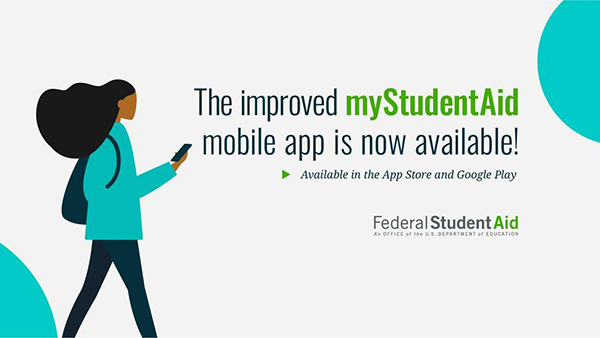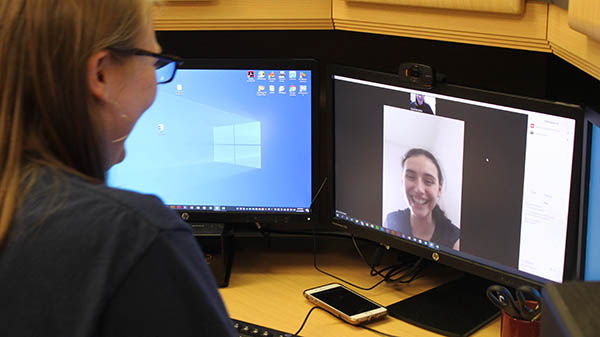Alabama Baptist churches are flexing schedules, bending long-held traditions and even leaving the church property to draw college students into the church fold.
Mike Nuss, director of the Alabama Baptist State Board of Missions’ office of collegiate and student ministries, said, “Churches need to be flexible and willing to bend a bit to reach college students.”
Derrick Hartley, First Baptist Church, Jacksonville, minister to students, describes nearby Jacksonville State University as a “suitcase college.” Most of the students go home for weekends and return to campus on Sunday.
With this type of student travel in mind, Hartley led First, Jacksonville, to host a Sunday evening worship service just for college students.
Named Crossroads for “where the campus meets the cross” services are held on Sunday nights from September through May at 8 p.m.
The first service drew about 65 people. Now, as many as 200 attend to participate in high-energy, student-led worship.
“It’s always been my dream to have a service like this — an every week service that has the energy of a service you would have at a conference,” said Hartley, who preaches every week. “I like to be in a place where I say, ‘God, I can’t do this on my own.’”
Like First, Jacksonville, First Baptist Church, Opelika, is also in a prime position to reach hundreds of students.
Located just 15 minutes from the campus of Auburn University, First, Opelika’s Revolution College Ministry is doing just that by giving students an additional hour of worship time on Sunday mornings.
In lieu of traditional small-group Sunday School classes, students meet as a large group for Bible study and worship in the gym.
A student band leads worship, and average attendance for the two services is 450. According to First, Opelika, college intern Seth Hamby, many who attend also attend the churchwide contemporary worship service afterward.
Do college students need more worship time than older adults? Not necessarily, explained Nuss.
“College students are passionate about many things — meaningful, relevant worship is one of them. Students will often prioritize their lives in ways adults would not.
“When they do give time for worship, it must be time well spent,” Nuss said. “Consequently, they often look at traditional worship services with announcements, children’s sermons, etc., as not nearly focused enough for their worship needs.”
Across the state near the University of Alabama campus, First Baptist Church, Tuscaloosa, is also fulfilling that desire for more worship time.
College Bible Study (CBS) meets on Wednesdays at 8 p.m.
A student-led band and praise team lead the music, which consists of a mixture of hymns and praise music. Tim Simpson, minister to college students and young singles, leads the Bible study.
While CBS is five to six years old, two years ago Simpson moved the weekly service closer to campus and off church property.
CBS now takes place at the “Loft,” a storefront in a strip mall close to campus. Since the move, Loft attendance has grown to 110 weekly. The Loft is home to other college events such as small group Bible studies, band and praise team practice, and weekend socials like the upcoming “Thrift Store Formal.”
On Sundays at First, Tuscaloosa, church takes on a more traditional look. College students meet in small-group, gender-specific Sunday School classes.
“Our Sunday School gives students opportunity to ask questions and talk. It’s done in a discussion style, giving them a break from the lecture format,” Simpson said.
Nuss noted, “Research shows that students crave community. Churches need to give high priority to time for small group Bible study, accountability, fellowship and prayer groups for college students. This could be in conjunction with the regular Sunday School hour, in homes, dorm rooms, etc.”
And while their schedules and locations may vary, Alabama churches share at least one common ground for reaching college students — music.
Allowing students to lead music appeals to their emerging leadership skills.
“Music is a significant drawing card for college students,” Hamby said. “Music appeals to our generation. It’s a really key way to reach college students.”
Nuss offered one caution, however. “There is the real possibility of defining worship in such a narrow way that other elements (confession, stewardship, giving) are forgotten or left out,” he said.
“Student worship desperately needs to help students understand the theology behind corporate worship,” Nuss urged. “It is so much more than singing praise songs — but it is too often defined as simply that.”
Hartley seconded the need for “relevant, meaningful music,” but also noted that the message cannot be overlooked. The speaker has to achieve the right balance between “too stuffy” and “too light,” Hartley said.
Hamby agreed, “If we don’t have a good communicator, students won’t come just for the music. Music is the icing on the cake.”





Share with others: